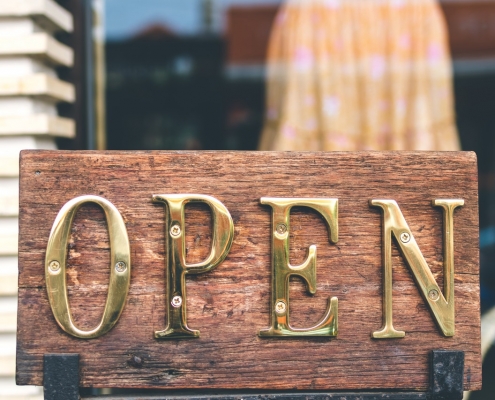 The Corona Virus pandemic has placed an unprecedented burden on the general population. Individuals as well as fellow mental health providers have had to adjust to the pandemic in a very short period of time. One of these adjustments involves transitioning to Telehealth services rather than In-Person therapy. While many psychotherapists, including myself, have been doing Telehealth (online counseling) for a while and informing their clients in advance about the pros and cons of online counseling, many other individuals and practitioners have had to immediately adjust to this change. The situation has created severe stress and anxiety for both practitioners and clients. Many clients report a different therapeutic dynamic while having Telehealth services. Some choose to place their counseling on hold until the pandemic is over.
The Corona Virus pandemic has placed an unprecedented burden on the general population. Individuals as well as fellow mental health providers have had to adjust to the pandemic in a very short period of time. One of these adjustments involves transitioning to Telehealth services rather than In-Person therapy. While many psychotherapists, including myself, have been doing Telehealth (online counseling) for a while and informing their clients in advance about the pros and cons of online counseling, many other individuals and practitioners have had to immediately adjust to this change. The situation has created severe stress and anxiety for both practitioners and clients. Many clients report a different therapeutic dynamic while having Telehealth services. Some choose to place their counseling on hold until the pandemic is over.
To cope with the stress of COVID-19 there are several coping skills to implement during these challenging times:
Remember, this too shall pass. Nothing is permanent. Having hope about the future is a choice, one that is difficult at times. If your mental health is suffering you can always reach for help.Below you can find some additional resources to help fight loneliness during the crisis:
Texting HELLO to 741741 for 24/7 support from Crisis Text line.
Calling the NAMI helpline at 800-950-6264, which is staffed by volunteers who have mental health conditions.
Reaching out to warm lines, which also provide peer support on a local level. The state phone numbers can be found here.
Calling the Suicide Prevention Lifeline at 1-800-273-8255.
Using the Disaster Distress helpline at 1-800-985-5990 or texting TalkWithUs at 66745.







But even as the need for mental health services grows, some school staff are worrying about their job security. Districts are expecting significant drops in income as the state grapples with decreases in tax revenue and rising costs related to the coronavirus. Maureen Schroeder, a psychologist in Elk Grove Unified who’s also the president of the California Association of School Psychologists, said she’s concerned that when districts have to make cuts, they’ll turn to mental health staff first. In 2010-11, during the last recession, California K-12 schools had 34% fewer counselors, psychologists and social workers than they did in 2018-19, the most recent data available. “Absolutely, we are seeing an increase in students’ anxiety right now. Mental health is not something we can afford to cut,” Schroeder said. “Young people’s mental health affects the whole community. Without good mental health, you can’t function, you can’t contribute to society. It affects all of us. This is when we need to be investing more in mental health services, not less.”